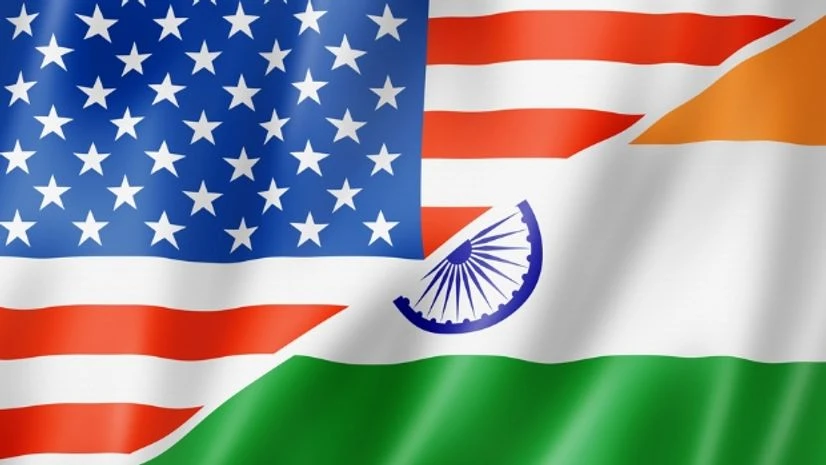The US Senate has unanimously approved a move to enhance military co-operation with India for developing threat analysis, military doctrine, force planning, logistical support and intelligence collection and analysis.
An amendment titled "to authorise military-to-military exchanges with India" was agreed in the Senate by a voice vote as part of the National Defence Authorisation Act (NDAA)-2017, which Senate passed early this week by an overwhelming bipartisan support of 85-13 votes.
Moved by Senator John Sullivan, the amendment was co-sponsored by Senator John Corny and Mark Warner — the two co-chairs of the Senate India Caucus — along with Senator Mark Kirk.
The Senate bill, as passed, asks the Secretary of Defence to ensure that the India-US co-operation are at a level appropriate to enhance engagement between the militaries of the two countries for developing threat analysis, military doctrine, force planning, logistical support, intelligence collection and analysis, tactics, techniques and procedures and humanitarian assistance and disaster relief.
To enhance military cooperation and encourage engagement in joint military operations between the two countries, the passed legislation says that the Defence Secretary may take "appropriate actions" to ensure that exchanges between senior military officers and senior civilian defence officials of the Indian and US Governments.
Also Read
It also asked the Defence Secretary to ensure significant enhancement of joint military operations, including maritime security, counter-piracy, counter-terror cooperation, and domain awareness in the Indo-Asia-Pacific region.
The House of Representatives has already passed its version of the defence bill, which among other things has approved a bipartisan legislative move to bolster defence relationship with India.
This legislation — Enhancing Defence and Security Co-operation with India — was sponsored by Congressmen George Holding and Ami Bera (House India Caucus Chairs) and Chair and Ranking Member of House Foreign Affairs Committee Ed Royce and Elliot Engel respectively.
"The Senate bill must now be conferenced with the House passed NDAA," a Congressional aide told PTI.
It is expected that the two versions of the bill would be merged into one and then would go through the House and Senate for a final approval before it could be sent to US President Barack Obama to sign it into law.
However, two other India related amendments to the NDAA-2017 could not get the node of the Senate, mainly because of procedural and internal petty-political issues, as reflected in a statement issued by Senator John McCain, Chairman of the Senate Armed Services Committee.
The first amendment which could not be passed is by Senator John McCain to recognise India as a global strategic and defence partner by making necessary modifications to defence export control regulations. The second amendment is the "Defence and Security Co-operation with India" by Senator Mark Kirk.
These legislative moves are not linked with the recent joint India-US statement in which Obama Administration had recognised India as a "Major Defence Partner".

)
